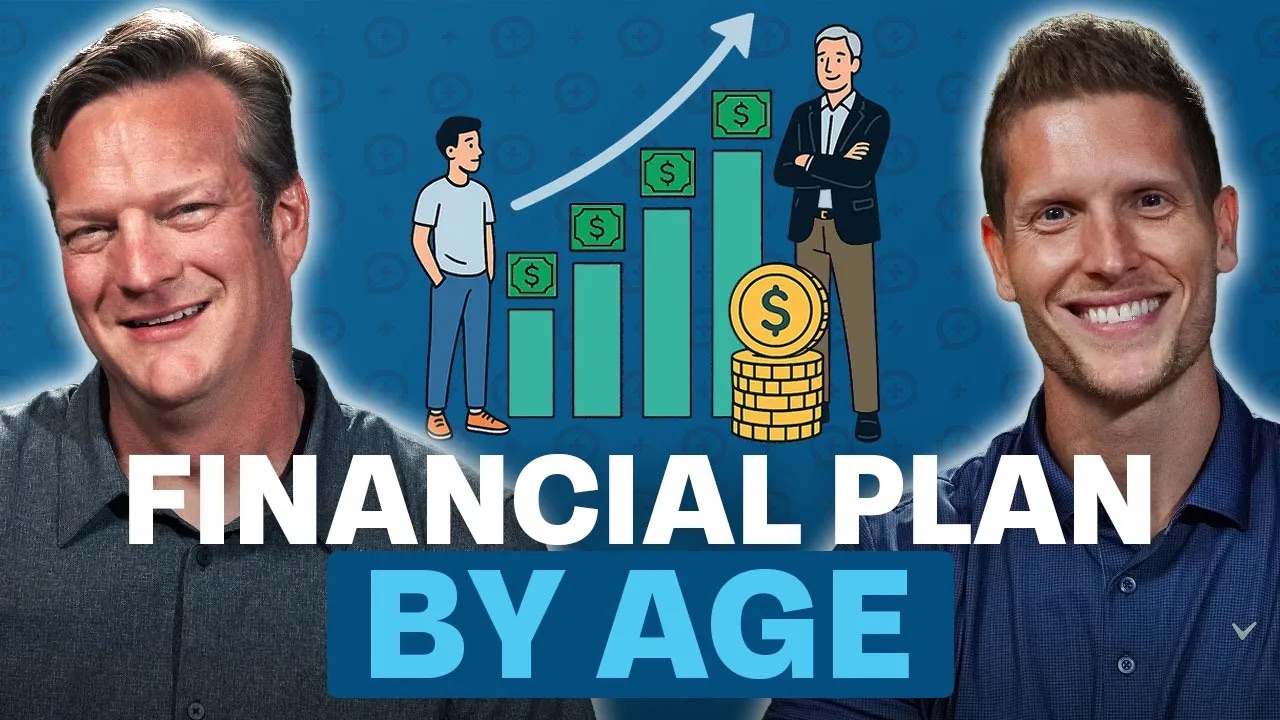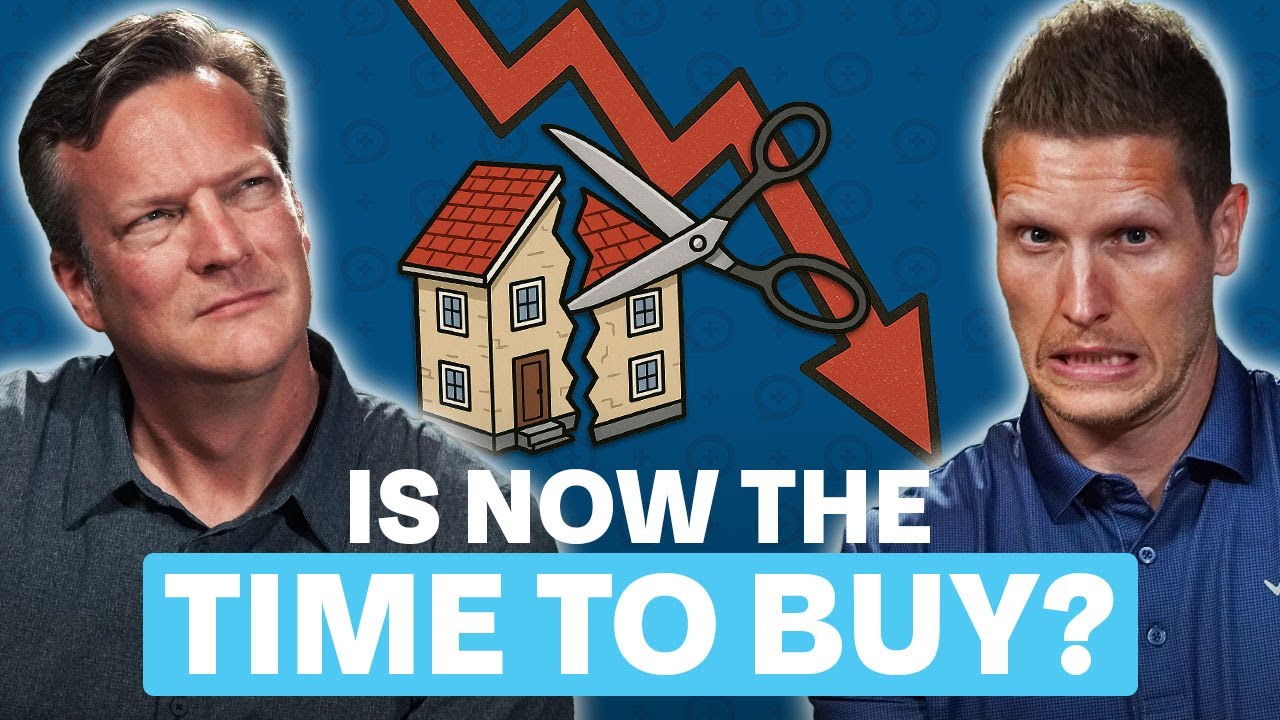Moving on to Jacob's question, he asks, "How do I choose an online high-yield savings account?" I think this is a good question because, with high-yield savings accounts, you can actually make some money. Jacob also mentions that there are many bad reviews about account owners not being able to get their money back or facing various issues. He is tempted to use a money market mutual fund instead. What do you think about this idea? Additionally, how do you choose a high-yield savings account? This is a great question, and it's timely. I'm glad Jacob asked it because Beau isn't here to defend himself, so I can pick on him.
First, you have to be careful because the easy solution is to compare traditional brick and mortar banks to online savings accounts. When you do this, you'll realize that it's almost criminal why traditional banks don't give us better returns on cash. The reason is that statistics show that once you open a bank account, you tend to keep it open for an average of 16 years. Banks know that it's a hassle to open an account, so they underpay you and give you less than you deserve. On the other hand, online banks gamify the system.
Let me explain what I mean by gamifying the system. If you visit bankrate.com and look at their list of top online savings accounts, you'll notice that many of the top-ranked ones are unfamiliar names. However, they offer the highest rates. But here's where you need to be careful about the reindeer game that banks play: They set up their accounts to appear as the top-tier options to attract customers who are looking for the highest interest rates. However, these banks often keep those teaser rates for only a few months before gradually lowering the interest rate below market rates.
I remember a company called ING Direct (now known as Capital One 360), which used to be a leader in online savings accounts. But even well-known banks like Capital One engage in these tactics. They have introduced new product lines while keeping the rates low on existing accounts, which underperform compared to the market. When I confronted their customer service about this, they didn't offer an automatic conversion to the better account. They played reindeer games.
So, it's important to choose companies that consistently rank at the top. Again, these are not recommendations, but based on my observations, Ally (formerly GMAC financing arm) and Marcus (part of Goldman Sachs) are often at the top of the list. In the past, I used to recommend looking at credit card companies like Discover, American Express, and Capital One. However, I've noticed Capital One playing reindeer games recently, and it's troubling.
Here's one final thing to consider. Your online banking, which is FDIC insured, will likely offer lower interest rates compared to brokerage accounts. Jacob mentioned considering online money markets, which currently pay close to 4.5% interest. However, keep in mind that brokerage accounts are not FDIC insured. While they are generally safe and don't often see people "breaking the buck," their interest rates can drop quickly when the Federal Reserve lowers interest rates.
On the other hand, online banks will likely have a slower drop in interest rates, similar to their gradual increase when the Fed raises rates. This is because FDIC-insured online banks strive for consistency. So, it's important to understand the behaviors of both products. They are both very safe, but one is FDIC insured, while the other relies on the safety of the assets it invests in, such as treasuries. Pay attention to the portfolio composition. It's advisable to have a relationship with both types of banks. I personally like having an online bank connected to my traditional bank, allowing me to transfer money back and forth. This way, I keep my very safe FDIC-insured money in the online bank, and I keep my opportunity money, which exceeds emergency reserves, in the brokerage account to achieve a higher yield.
For more information, check out our
free resources here.













